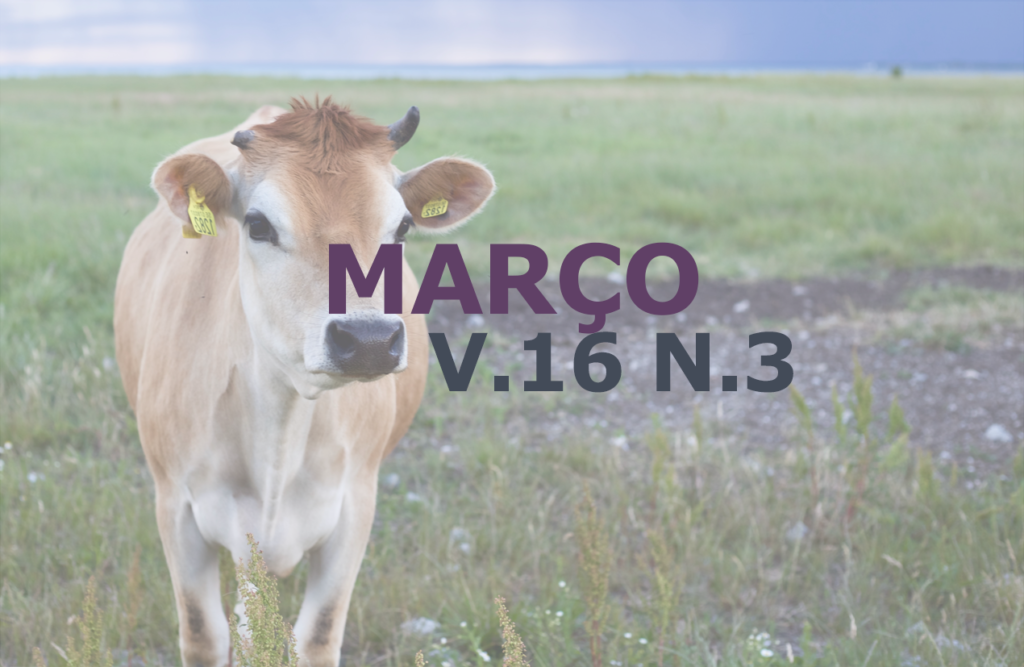Prevalence of exogenous intoxications in dogs and cats in the municipality of Fortaleza and metropolitan region
DOI:
https://doi.org/10.31533/pubvet.v16n03a1058.1-8Keywords:
Intoxications, poisonings, veterinary toxicologyAbstract
Animals with animal poisoning are seen with increasing frequency in the country's veterinary clinics and represent a clinical emergency in most cases. To determine the main toxic agents and the frequency of poisoning in dogs and cats in the city of Fortaleza and its metropolitan area, this epidemiological study focused on the cases of intoxication in dogs and cats that occurred between January 2015 and December 2020 and was carried out in 100 veterinary clinics with 100 veterinary medical professionals. The number of registered cases was 9,951. Of these, 7,039 were cases of intoxication in dogs (70.7%), and 2,533 were cases of intoxication in cats (25.5%). The main categories of intoxicating agents in decreasing order of prevalence were food (31.7%), pesticides (25.5%), medicines (16.2%), poisonous and venomous animals (14.5%), toxic plants (4.6%), cleaning products (3.7%) and drugs of abuse (2.9%). Therefore, we concluded that cases of exogenous intoxication remain frequent in medical clinics for small animals. In this context, it was possible to create an alert profile about cases of intoxication in dogs and cats, and the importance of practicing methods of preventing poisoning in domestic animals is emphasized.
Downloads
Published
Issue
Section
License
Copyright (c) 2022 Lorena Santos Bezerra, Roberio Gomes Olinda, Gláucia Maria de Oliveira Barbosa, Roberta Nogueira Chaves

This work is licensed under a Creative Commons Attribution 4.0 International License.
Você tem o direito de:
Compartilhar — copiar e redistribuir o material em qualquer suporte ou formato
Adaptar — remixar, transformar, e criar a partir do material para qualquer fim, mesmo que comercial.
O licenciante não pode revogar estes direitos desde que você respeite os termos da licença. De acordo com os termos seguintes:
Atribuição
— Você deve dar o crédito apropriado, prover um link para a licença e indicar se mudanças foram feitas. Você deve fazê-lo em qualquer circunstância razoável, mas de nenhuma maneira que sugira que o licenciante apoia você ou o seu uso. Sem restrições adicionais
— Você não pode aplicar termos jurídicos ou medidas de caráter tecnológico que restrinjam legalmente outros de fazerem algo que a licença permita.





